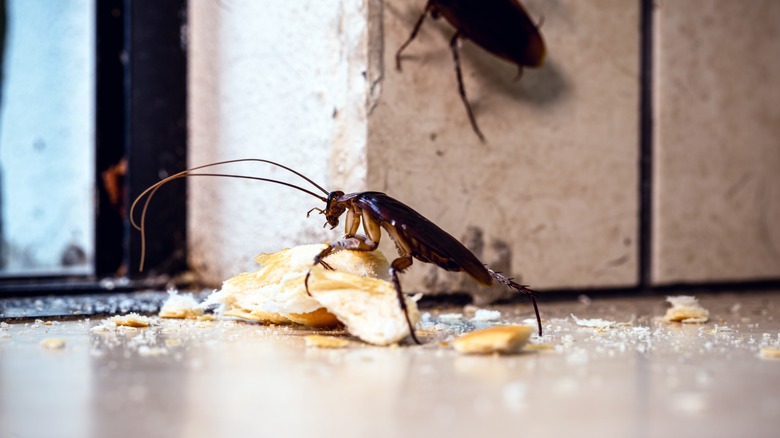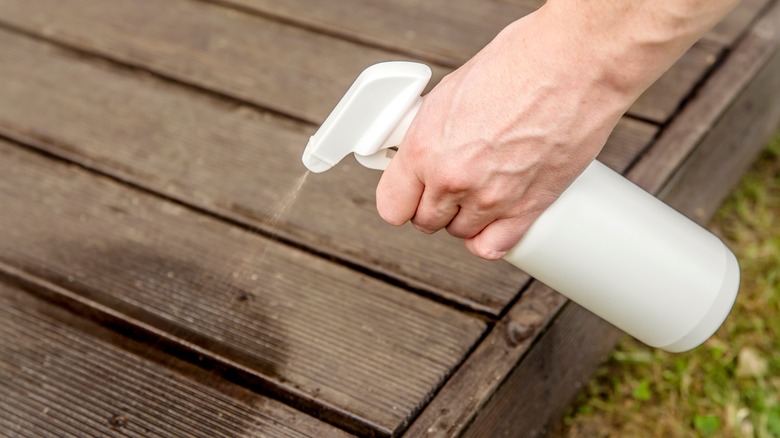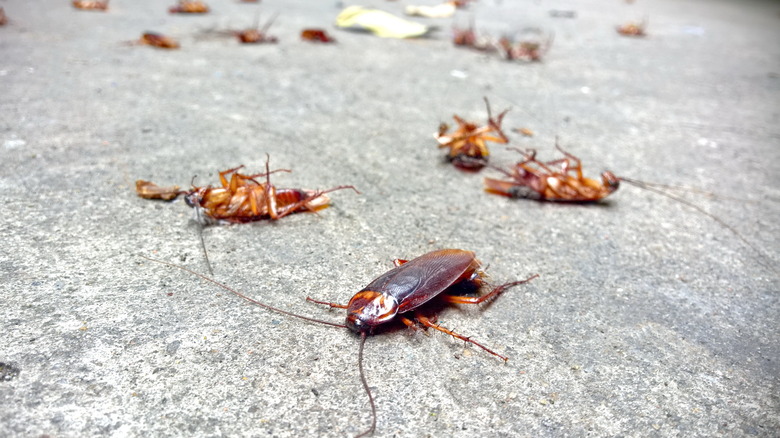Should You Use Rubbing Alcohol To Eliminate Cockroaches?
Cockroaches are the bane of many households, causing frustration and disgust when they invade living spaces. These pests are notorious for their adaptability and tenacity, making them a particularly difficult problem to deal with. In the quest to get rid of these uninvited houseguests, some homeowners have turned to alcohol, specifically ethyl, isopropyl, or rubbing alcohol, as a means to get rid of cockroaches. The idea behind this DIY approach is to harness the properties of alcohol to eliminate these pests effectively. But should you use it? You can, but only as a temporary fix.
Cockroach infestations can lead to a range of issues, from the contamination of food and living areas to potential health risks, as these insects are known to carry disease-causing pathogens. They are often referred to as the ultimate survivors in the insect world, and their rapid reproductive rate only adds to the challenge of eliminating them. Here, we'll delve into the efficacy and safety of using alcohol as a cockroach control method, as well as explore other measures that can be employed for comprehensive pest management in your home. Whether you're dealing with a minor cockroach issue or a full-blown infestation, understanding your options is crucial to achieving a roach-free environment.
How to use alcohol to kill cockroaches
Using alcohol — whether ethyl (aka ethanol) or isopropyl (aka rubbing alcohol) — to combat cockroaches involves creating a simple yet potentially effective homemade solution. The reason behind its effectiveness lies in the nature of alcohol itself. Alcohol, in this context, serves as a desiccant, meaning it dries out the cockroaches and their eggs. It also suffocates cockroaches thanks to the fact that it clogs their breathing holes, also known as spiracles.
To use alcohol as a cockroach killer, fill a clean spray bottle with isopropyl or ethyl alcohol. When you spot a cockroach, simply spray the mixture directly on the pest. However, you need to be cautious when applying this technique near open flames and keep the spray bottle away from children and pets as alcohol is toxic and can cause respiratory irritation when inhaled. It's also important to note that this method primarily works on contact and may not address the root of the infestation, so it's more of a short-term solution.
Better cockroach control measures
While alcohol can be a quick solution to a cockroach sighting, a comprehensive approach is needed to prevent further infestations. Cockroaches are attracted to food residue and moisture, so ensure your home is clean, food leftovers are covered, dishes are clean, and fix any leaks or water sources to deny them their basic necessities. Also, cockroaches can slip through tiny cracks and crevices. Make sure to seal these entry points to keep them out. Instead of depending on alcohol sprays, use cockroach baits and traps to target the entire colony and not just the individual roaches you see. Conduct routine checks for signs of infestation and act promptly if you discover any. For severe infestations, it's advisable to consult a pest control expert who can provide a tailored solution for your specific cockroach problem.
So, while alcohol can be used to kill roaches, it's not highly advised that you use it as a primary means of control and elimination. There are better-targeted solutions you can implement, such as using baits and borax or boric acid, and a more holistic approach is required to get rid of cockroaches effectively. Besides, alcohol is toxic and not really intended for use as an insecticide. Remember that while cockroaches are resilient, with patience, determination, and the right strategy, you can keep them out of your home for good.


